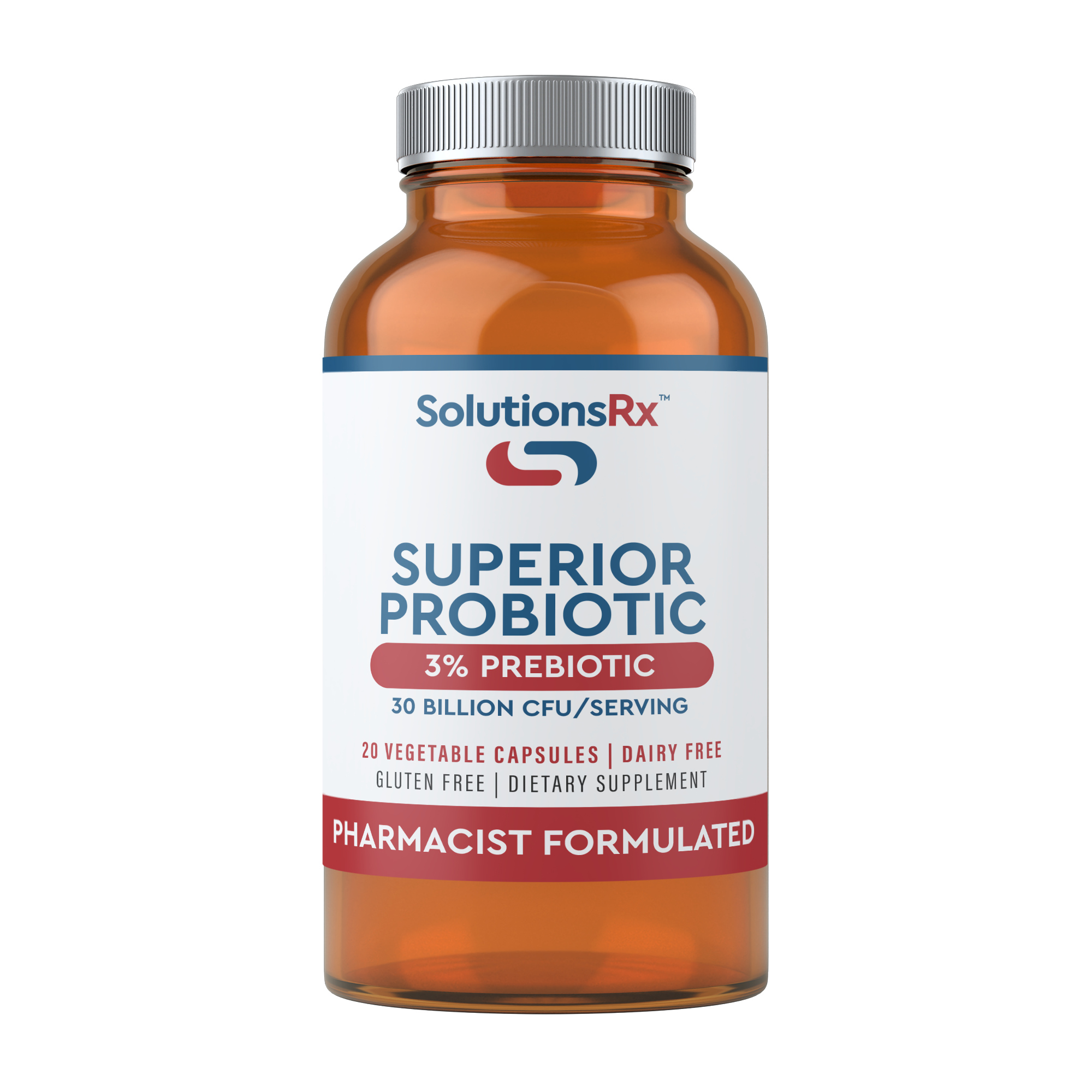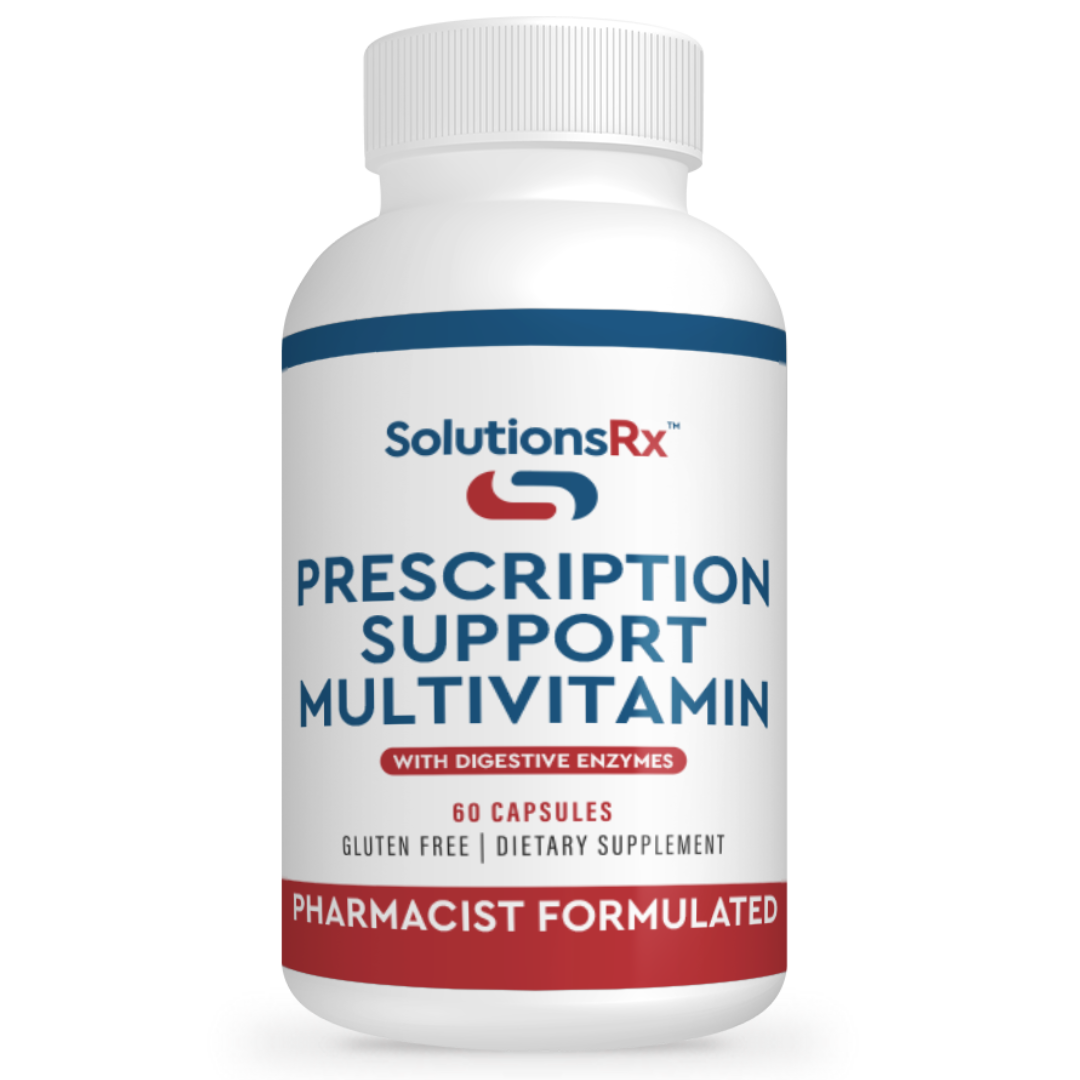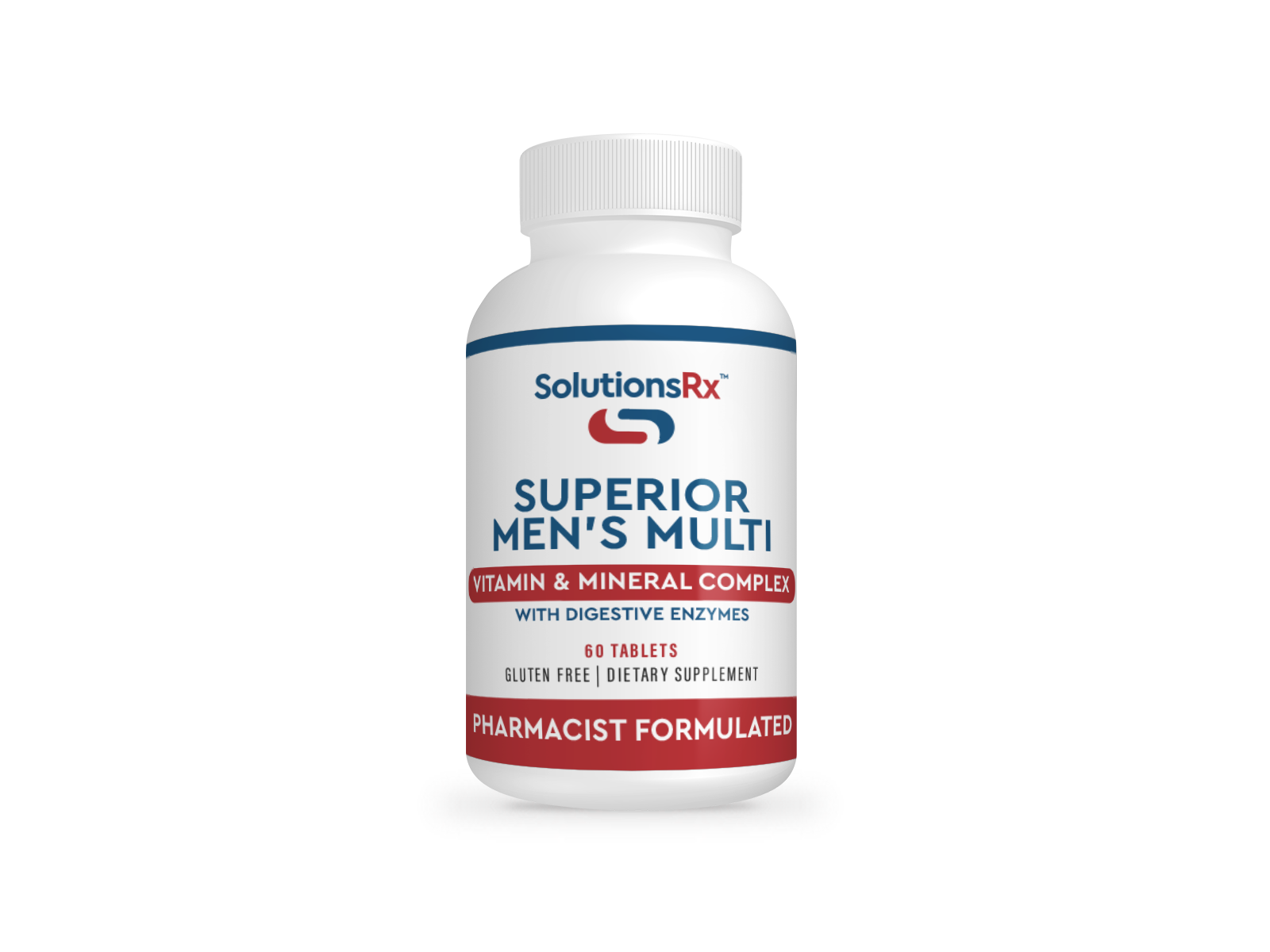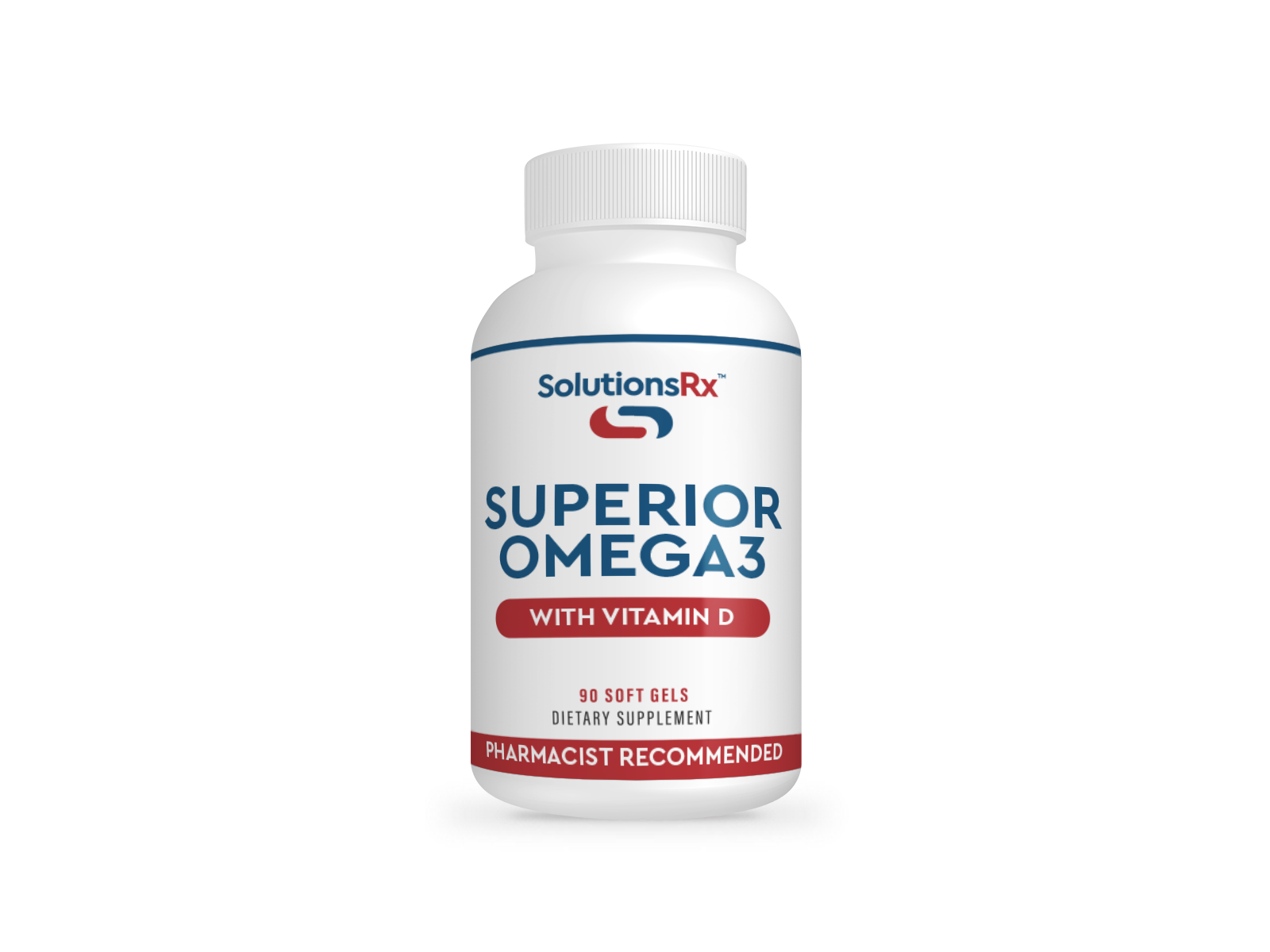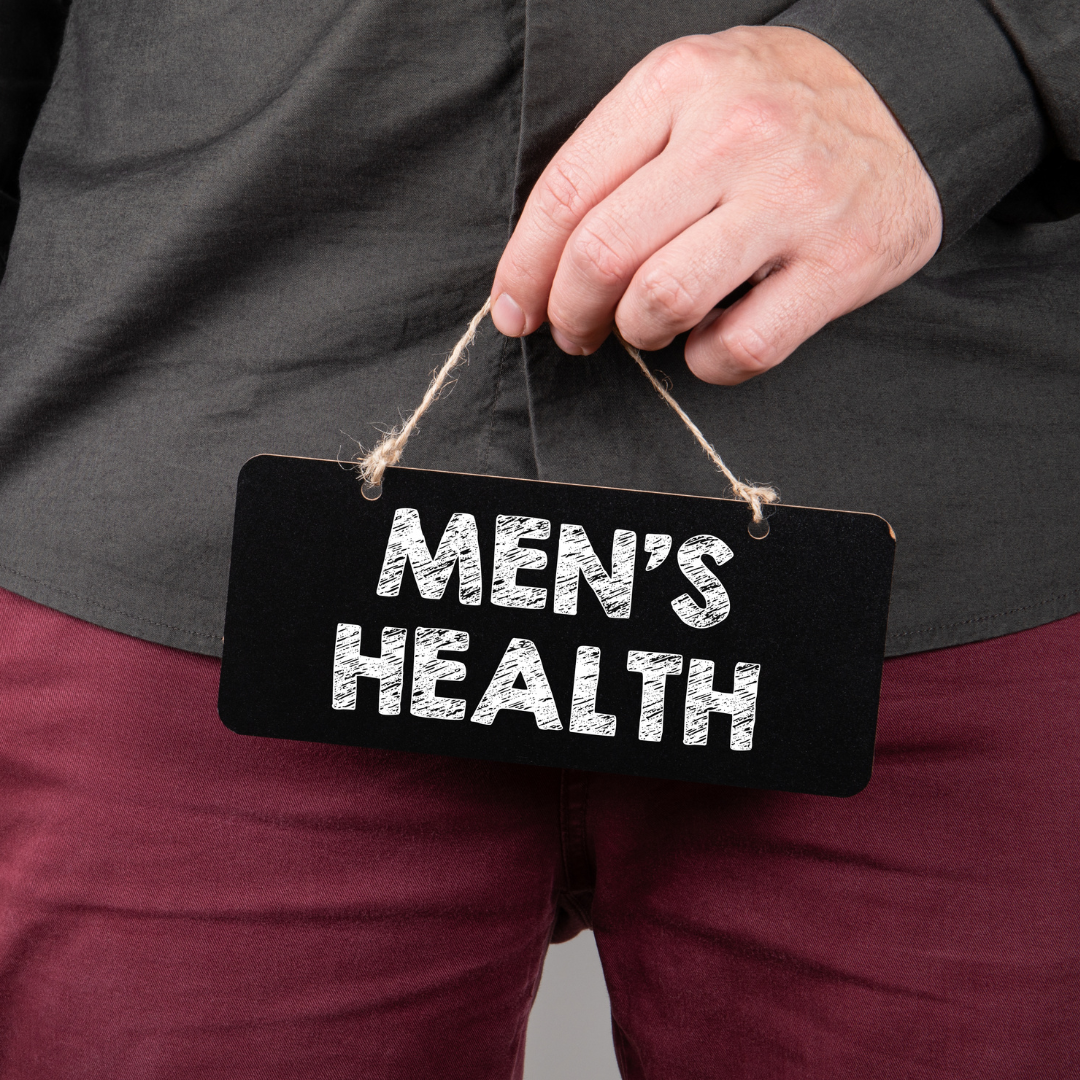There is no item in your cart
The Science Behind Superior Prostate Supplement
What is the prostate?
The prostate is a small gland located in the groin area of men.
What does the prostate do?
The prostate plays a big-time role in men’s health and reproduction as it produces seminal fluid that allows the sperm to survive while traveling the distance (Prostate Cancer Foundation, n.d.). In those who have undergone a prostatectomy, their sperm are incapable of leaving the body, making them infertile.
BPH
Benign Prostatic Hyperplasia, or BPH, is also known as an enlarged prostate. It becomes more of an issue as men age. The enlarged prostate can be irritating as it can cause the flow of urine to be blocked (Mayo Clinic, n.d.). Bladder, urinary tract, and kidney issues are common in male patients with BPH. Because of this, some symptoms of BPH are listed:
– Frequent urination
– Peeing more often at night
– Trouble starting to pee
– Incapability of completely emptying the bladder
– Inability to urinate
– Blood in the urine
– Urinary tract infection
The size of the prostate does not reflect the severity of the symptom, which means men with slightly enlarged prostates can have major symptoms while those with larger prostates can have minor symptoms.
Men’s Sexual Health
Men with prostate issues often experience erectile dysfunction (ED) and ejaculatory issues (Cleveland Urology, 2021). Medications concerning the enlargement of the prostate can actually affect a man’s sex life as it can diminish libido and sexual satisfaction (Harvard Medical School, 2021). However, BPH and ED have a correlational relationship – not causation.
Beta-sitosterols
Beta-sitosterols are cholesterol-like types of plant sterols found in fruits, vegetables, nuts, and seeds. Beta-sitosterols have been found to possibly reduce the symptoms of BPH as well as other conditions (Wilt et al., 1999). They improve urination flow and help the male patient to completely empty the bladder. It is important to point out that beta-sitosterols do not shrink the prostate!
Microelements
Superior Prostate contains microelements Selenium and Zinc. They play a big role in the prostate. Zinc by itself raises testosterone levels, while the androgen receptor gets increasingly expressed in the prostate (Darago et al., 2020). Supplementation of selenium shares the same result as Zinc.Vitamin D is also vital for those with prostate issues as men with lower levels of Vitamin D usually have more aggressive cancers and higher death rates (Oyer, 2021).
*These statements have not been evaluated by the Food and Drug Administration. This product is not intended to diagnose, treat, cure, or prevent any disease.
References
Cleveland Urology. (2021, 5 12). Can BPH Affect Your Sex Life? Cleveland Urology Associates. https://clevelandurology.net/posts/bph/can-bph-affect-your-sex-life/#:~:text=Yes%2C%20BPH%20can%20affect%20your,least%2025%25%20of%20the%20time.
Darago, A., Kilmczak, M., Stragierowicz, J., Stasikowska-Kanicka, O., & Kilanowicz, A. (2020, 1 6). The Effect of Zinc, Selenium, and Their Combined Supplementation on Androgen Receptor Protein Expression in the Prostate Lobes and Serum Steroid Hormone Concentrations of Wistar Rats. MDPI. 10.3390/nu12010153
Harvard Medical School. (2021, 4 21). Sex and the prostate: Overcoming erectile dysfunction when you have prostate disease. Harvard Health Publishing. https://www.health.harvard.edu/blog/sex-and-the-prostate-overcoming-erectile-dysfunction-when-you-have-prostate-disease-20090331100#:~:text=Men%20who%20have%20benign%20prostatic,erectile%20dysfunction%20and%20ejaculatory%20problems.
Mayo Clinic. (n.d.). Benign Prostatic Hyperplasia. Mayo Clinic. https://www.mayoclinic.org/diseases-conditions/benign-prostatic-hyperplasia/symptoms-causes/syc-20370087
Oyer, R. A. (2021, 5 17). Can Vitamin D Help Prevent Prostate Cancer? Penn Medicine Lancaster General Health. https://www.lancastergeneralhealth.org/health-hub-home/2021/may/can-vitamin-d-help-prevent-prostate-cancer#:~:text=Men%20who%20have%20prostate%20cancer,makes%20vitamin%20D%20from%20sunlight.)
Prostate Cancer Foundation. (n.d.). Prostate Gland. Prostate Cancer Foundation. https://www.pcf.org/about-prostate-cancer/what-is-prostate-cancer/prostate-gland/
Wilt, T., Ishani, A., MacDonald, R., Stark, G., Mulrow, C., & Lau, J. (1999, 7 26). Beta‐sitosterols for benign prostatic hyperplasia. Cochrane Library. 10.1002/14651858.CD001043

